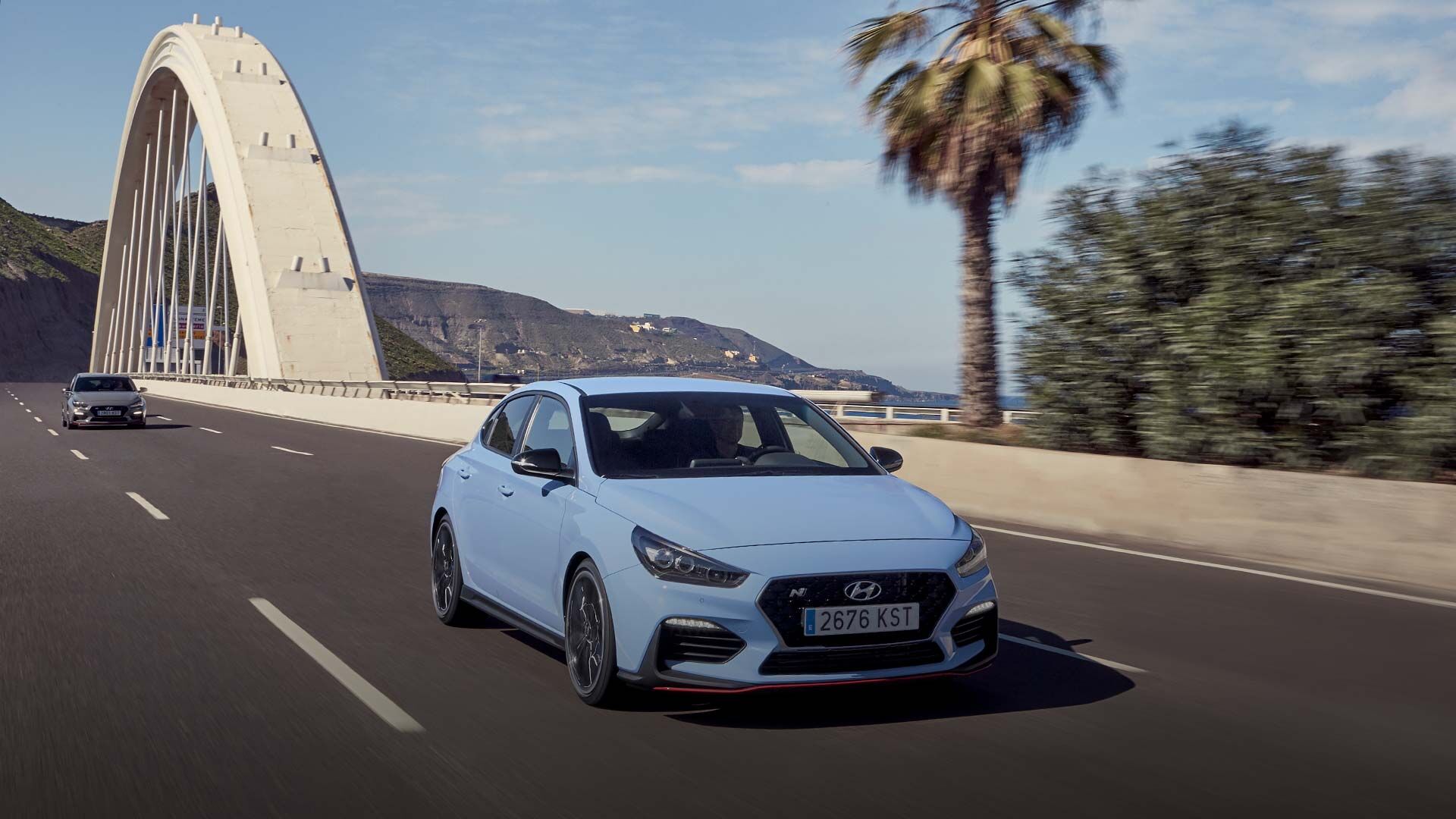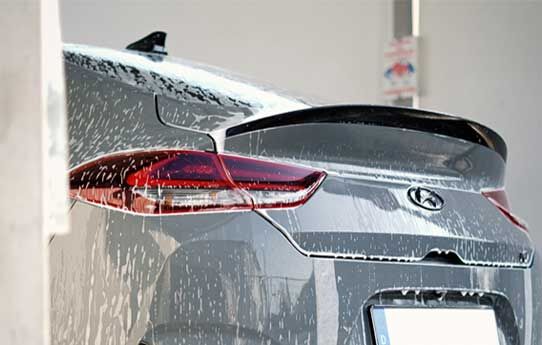09 Sep 2020
Whether or not you’re a car enthusiast, buying a new car is an exciting experience — but it can quickly become overwhelming if you’re not prepared. Here are some tips so you can be sure you’re making the right call and getting the best deal.

List up your must-haves
If you’re not sure what you’re looking for, it’s easy to get talked into buying a car you don’t want or need. First, think about what you want in a car and whether it fits your lifestyle. Manual or automatic? Everyday commuter car or fun sports car? For the family or for camping? Think about your lifestyle and why you need the car, then decide what kind of models you should look into. Have a long daily commute? You might want fuel efficiency. Do you need to tow trailers? You should focus on sport utility vehicles or pickup trucks. Need to take the kids around? A minivan would be the best choice. List up your must-have features to figure out what you need in a car.
Figure out your budget
When choosing your next car, you can’t ignore your budget! A luxury car might be on your wish list, but they tend to have more expensive upkeep that could be hard to handle in the long run. Don’t forget to make sure your budget also includes additional costs like insurance, fuel, and maintenance.
If you don’t take insurance into account, it could really hurt your budget. Insurance costs vary based on the type of car, so sports and performance cars will generally have higher insurance costs compared to a daily driver. And if the car has older safety features or ratings, this can also increase insurance costs.
Another thing people easily forget about is fuel consumption. Once you buy the car, you’ll be paying for fuel throughout the car’s lifetime. No matter how cheap the car might be, if you’re spending an exorbitant amount on gas, you’ll end up spending more money than if you had bought a more expensive car with lower fuel consumption.
Monthly payment plans can also make a car seem more affordable than it actually is. Don’t be fooled by relatively low monthly payments — think about the full cost of the price when comparing offers. It’s easy to make impulse buys when you’re together with a salesperson, so it’s crucial to be aware of your budget and have a maximum price in mind.
Do your research
Now it’s time to research and compare the different cars, narrowing down the list until you have your favorites. Look to carmaker websites, as they’ll be one of the most reliable and helpful sources of information when it comes to learning about the cars’ options and features. It’s also a good idea to read car reviews, because you can get insights you won’t get from the carmakers’ official channels. Since car dealerships are concerned with making a sale, they won’t tell you about a car’s drawbacks; however, online user reviews are more honest and straightforward about the car’s performance and quality. With some research, you can save a lot of time at dealerships and not be worried about getting a bad deal.
Test drive your top choices
At this point, there’ll be a couple of top picks. Be sure to go for a test drive before making the big decision. You can learn more from a few minutes behind the wheel than hours of research. Whether you have three top picks or ten, you should test them all, and if possible, request a longer test drive to get a thorough feel for them. When you test drive the cars, drive them as you normally do. Take them on your regular routes, the roads you normally drive on, and make sure you feel comfortable, in control, and safe. Never buy a car you didn’t test drive, because a car can have great reviews but still not be the right one for you. It’s good to bring a friend or family member along as well to test the passenger seats.
Even if the first car you tested feels like the right one, it doesn’t hurt to test the others before making the final decision. Take your time and think about your options, and explore multiple models and dealers. You might find another model that fits your needs better or the next dealership might have a better deal. Resist the impulse to buy on the spot and take all your options into account.

Get ready to negotiate
Once you’ve chosen your car, it’s time to focus on the price. An easy way to get an idea of general market pricing is to contact dealerships close to your home and get a quote by mail or email. This knowledge will make it easier to negotiate and get the best deal.
Timing can also be a factor in negotiating. Car dealerships usually have monthly or quarterly sales targets, so they may be willing to offer better deals at the end of the month or quarter in order to hit their target. Unless you need to buy a car right away, take some time to check if the dealership offers better deals at the end of the month or quarter.
If you’re not good at negotiating, placing an order online is also an option. It’s easy and convenient to buy online, and it can sometimes be cheaper than buying from the dealership in person. Dealerships may have added extras or included add-ons in the price in order to earn more commission, but online prices are fixed and can have great deals. It’s best to look both on and offline to check out all your options. If you do decide to buy online, be sure to test drive the car at a dealership first and only buy from trusted websites.
Consider a used car
Even if you're looking for a new car, you should still consider slightly used cars as well. Many secondhand cars have only been used for a short time and are as good as new, but cheaper since car prices depreciate as soon as they’re driven out of the lot. It’s a great way to save a lot of money. Who knows, you might be able to afford your dream car secondhand.
If you decide to buy a used car, get it checked out by a mechanic first so you can make sure it’s in good condition inside and out — even if the car looks great from the outside. A respectable seller should let you take the car to the mechanic first before buying.

Buy the car that’s best for you
Buying a car is a huge investment, so you want to make sure you're buying the one right for you. This isn’t necessarily the fastest or the cheapest, but the car that fits your needs, budget, and makes you happy. Use the tips above to get the car for you, for the best price. Happy hunting!
Checklist
1. List up your must-haves Does the car fit your lifestyle? What are your must-have features? |
2. Figure out your budget Does your budget take additional long-term costs into account, like insurance, fuel, and maintenance? |
3. Do your research Did you learn more about the car through the carmakers’ official channels? Dealerships? What do online reviews say about the models? |
4. Test drive your top choices Did you test drive your picks on your regular routes? Do you feel comfortable and safe in it? |
5. Get ready to negotiate Did you request quotes from multiple dealerships to get an idea of general market prices? Is purchasing online a better option for you? |





